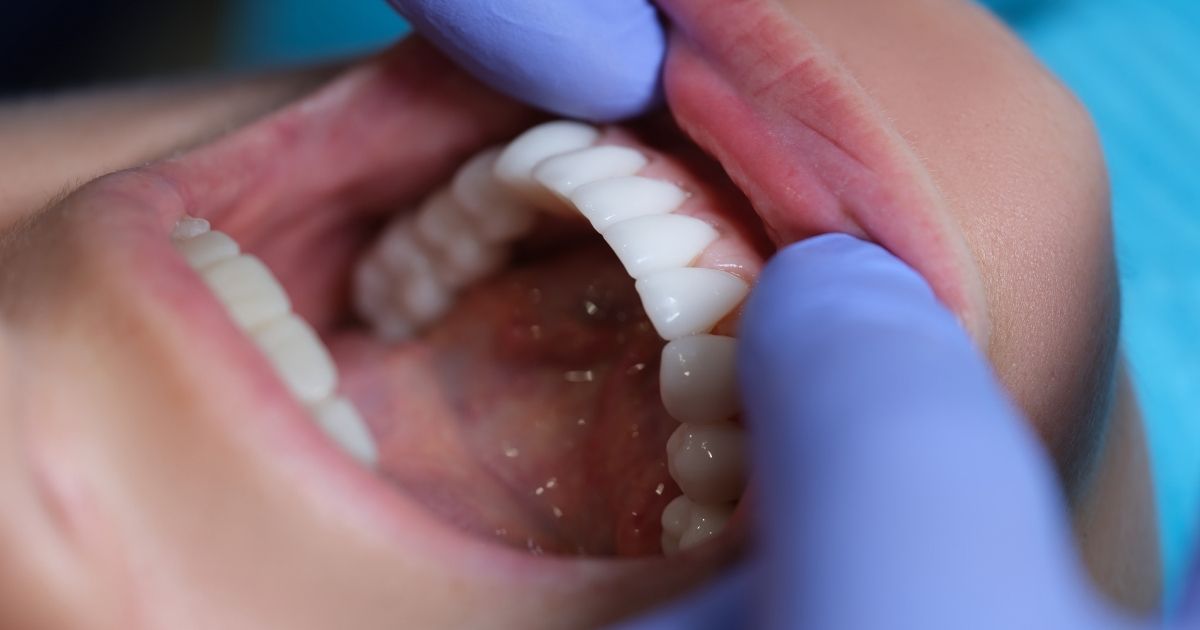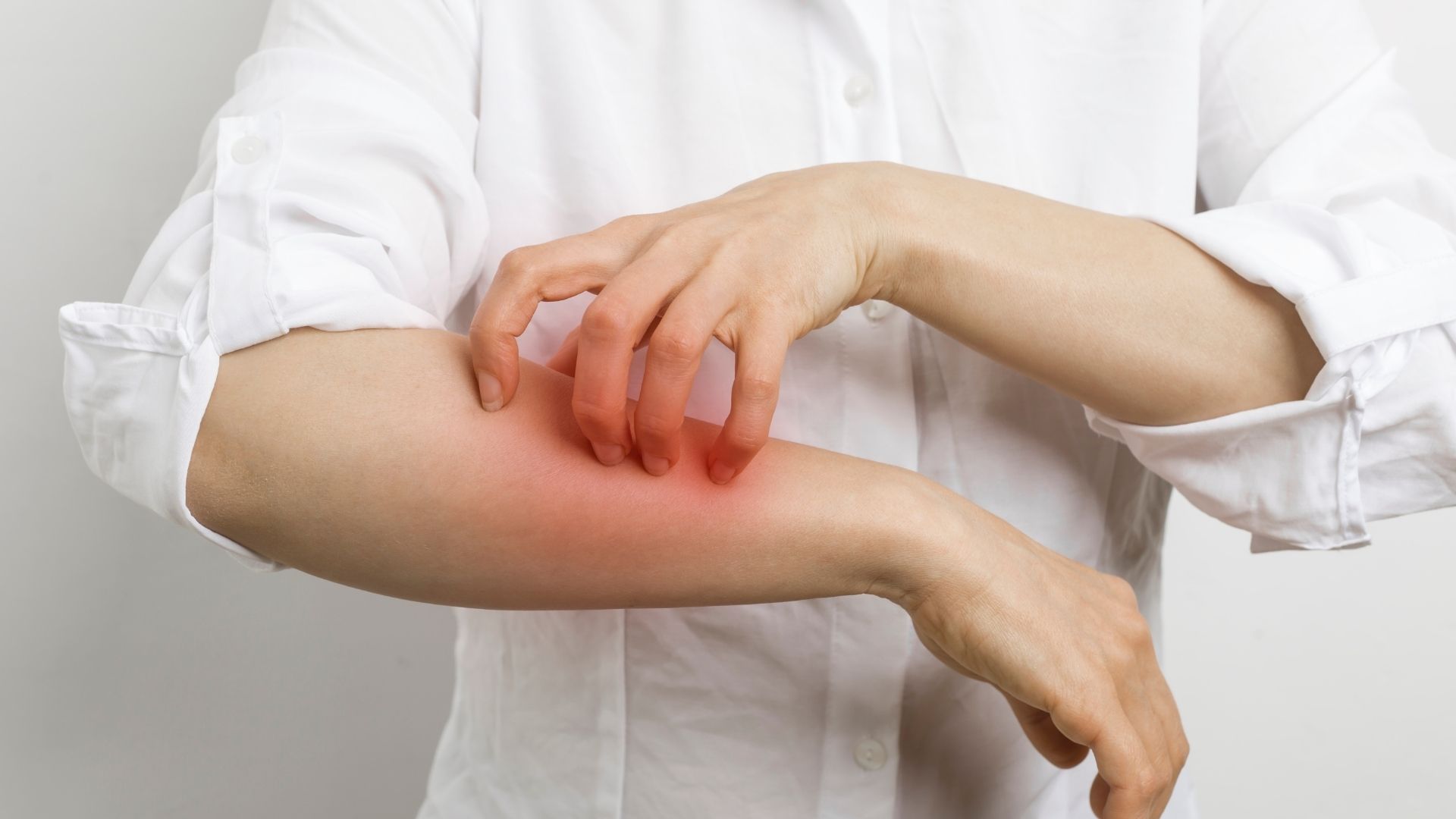Mouth sores are common lesions causing discomfort when eating or speaking. They often heal naturally but may require medical care if persistent. DoctorTora offers convenient telemedicine consultations, helping you quickly identify the cause, ease symptoms, and get personalized treatment advice from the comfort of your home.
Symptoms, Causes, and Treatment
Introduction
Mouth sores are a common condition that can affect anyone, causing discomfort and difficulty with eating, drinking, or speaking. While most mouth sores are harmless and heal on their own, some may require medical attention to prevent complications.
With telemedicine services like DoctorTora, you can consult a doctor online to assess your symptoms and receive advice on managing mouth sores. This article explores the causes, symptoms, treatments, and when to seek medical care for mouth sores.
What is a Mouth Sore?
A mouth sore is an ulcer or lesion that develops inside the mouth, including the inner cheeks, tongue, gums, or roof of the mouth. These sores may appear as small, painful spots or larger lesions, and they can vary in severity and duration.
Mouth sores are typically classified into two main types:
- Canker sores (aphthous ulcers): Non-contagious sores that develop inside the mouth.
- Cold sores (fever blisters): Contagious sores caused by the herpes simplex virus, usually appearing on or around the lips.
Common Symptoms and Causes of Mouth Sores
Symptoms
Mouth sores can present with a variety of symptoms, depending on their type and cause:
- Pain or tenderness in the affected area.
- Redness or swelling around the sore.
- White, yellow, or gray patches in the center of the sore.
- Burning or tingling sensation before the sore appears (common in cold sores).
- Difficulty eating, drinking, or speaking due to pain.
Causes
Mouth sores can result from various factors, including:
- Injury or irritation: Biting your cheek, ill-fitting dentures, or braces.
- Stress or hormonal changes: Common triggers for canker sores.
- Nutritional deficiencies: Lack of vitamin B12, zinc, or iron.
- Viral infections: Such as herpes simplex virus for cold sores.
- Allergic reactions: To certain foods, toothpaste, or mouthwash ingredients.
- Underlying medical conditions: Such as celiac disease, Crohn’s disease, or lupus.
How is a Mouth Sore Diagnosed?
Diagnosing a mouth sore typically involves assessing its appearance and understanding the patient’s symptoms and medical history.
Steps in Diagnosis
- Medical history: Discussing the onset, duration, and frequency of the sores, as well as any potential triggers.
- Physical examination: Inspecting the sores for size, location, and other characteristics.
- Additional tests (if needed):
- Blood tests: To check for nutritional deficiencies or underlying conditions.
- Biopsy: Rarely performed, but may be needed for persistent or unusual sores.
Through DoctorTora, you can describe your symptoms and even upload photos for a remote evaluation, helping the doctor determine the best course of action.
How is a Mouth Sore Treated?
Medications
Treatment for mouth sores depends on the underlying cause and severity. Common medications include:
- Topical gels or creams: For pain relief and faster healing (e.g., benzocaine).
- Antiviral medications: For cold sores caused by the herpes simplex virus.
- Antiseptic mouthwashes: To reduce bacteria and prevent infection.
- Pain relievers: Such as paracetamol or ibuprofen for severe discomfort.
- Vitamin supplements: If the sores are linked to nutritional deficiencies.
Non-Medication Strategies
- Saltwater rinses: Help reduce inflammation and promote healing.
- Hydration: Drinking plenty of fluids to prevent dryness and irritation.
Self-Care Instructions for Mouth Sores
You can manage mild mouth sores at home with these simple self-care tips:
- Avoid spicy, acidic, or salty foods: These can irritate the sore and worsen pain.
- Use a soft-bristled toothbrush: To minimize irritation to the affected area.
- Apply ice: Use ice chips or cold compresses to numb the sore and reduce inflammation.
- Maintain oral hygiene: Brush and floss gently to keep your mouth clean.
- Try over-the-counter remedies: Use topical gels or lozenges for temporary relief.
When to Seek Care with Telemedicine for Mouth Sores?
If your mouth sore persists for more than a week or you’re unsure of its cause, telemedicine can provide quick and reliable support.
Steps to Seek Telemedicine Care:
- Download the DoctorTora app from the App Store or Google Play.
- Select “Other” under symptoms on the home screen.
- Queue for an immediate consultation or book an appointment for a convenient time.
- Receive a consultation report with a detailed treatment plan and a prescription if necessary.
DoctorTora allows you to discuss symptoms with licensed doctors and receive tailored advice for managing your condition.
When to Seek Urgent Care at a Physical Hospital for Mouth Sores?
While most mouth sores heal on their own, certain symptoms may require immediate medical attention:
- Sores lasting longer than two weeks.
- Severe pain that interferes with eating or drinking.
- Fever or swollen lymph nodes accompanying the sores.
- Sores spreading to other parts of the body.
- Unexplained weight loss or fatigue.
These signs may indicate an underlying condition that requires further investigation.
FAQ
- Are mouth sores contagious?
Canker sores are not contagious, but cold sores caused by the herpes simplex virus are. - Can stress cause mouth sores?
Yes, stress is a common trigger for canker sores. - How long do mouth sores last?
Most mouth sores heal within 7–14 days without treatment.
Related Articles
Explore more helpful resources on our website:
- Cold Sores: Causes and Treatment
- Managing Stress for Better Oral Health
- Nutritional Deficiencies and Their Impact on Health



